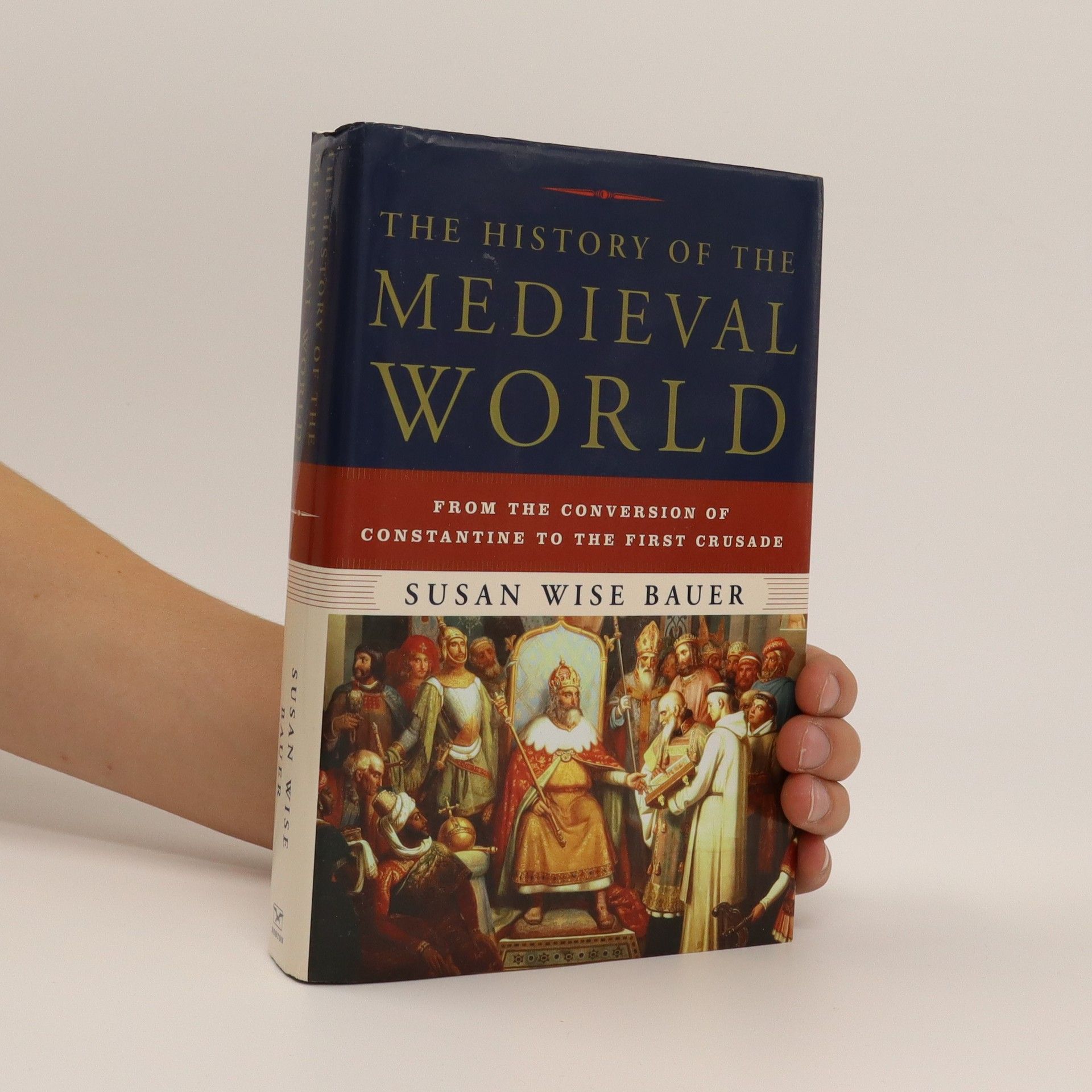This is the first volume in a bold new series that tells the stories of all peoples, connecting historical events from Europe to the Middle East to the far coast of China, while still giving weight to the characteristics of each country. Susan Wise Bauer provides both sweeping scope and vivid attention to the individual lives that give flesh to abstract assertions about human history. Dozens of maps provide a clear geography of great events, while timelines give the reader an ongoing sense of the passage of years and cultural interconnection. This narrative history employs the methods of “history from beneath”—literature, epic traditions, private letters and accounts—to connect kings and leaders with the lives of those they ruled. The result is an engrossing tapestry of human behavior from which we may draw conclusions about the direction of world events and the causes behind them.
L'Histoire du Monde Séries
Cette série ambitieuse dévoile les histoires interconnectées de tous les peuples, retraçant des événements historiques de l'Europe à l'Extrême-Orient. Elle examine à la fois le vaste panorama du développement humain et les caractéristiques distinctes des cultures individuelles. Grâce à des cartes détaillées, des chronologies et l'utilisation de sources primaires telles que la littérature et des récits personnels, la série donne vie au passé. Elle offre une exploration captivante de l'histoire humaine et des forces qui la façonnent.



Ordre de lecture recommandé
The history of the medieval world : from the conversion of Constantine to the First Crusade
- 746pages
- 27 heures de lecture
A masterful narrative of the Middle Ages, when religion became a weapon for kings all over the world. From the schism between Rome and Constantinople to the rise of the T’ang Dynasty, from the birth of Muhammad to the crowning of Charlemagne, this erudite book tells the fascinating, often violent story of kings, generals, and the peoples they ruled. In her earlier work, The History of the Ancient World, Susan Wise Bauer wrote of the rise of kingship based on might. But in the years between the fourth and the twelfth centuries, rulers had to find new justification for their power, and they turned to divine truth or grace to justify political and military action. Right thus replaces might as the engine of empire. Not just Christianity and Islam but the religions of the Persians and the Germans, and even Buddhism, are pressed into the service of the state. This phenomenon—stretching from the Americas all the way to Japan—changes religion, but it also changes the state. 4 illustrations; 46 maps.
The History of the Renaissance World
- 785pages
- 28 heures de lecture
A lively and fascinating narrative history about the birth of the modern world.